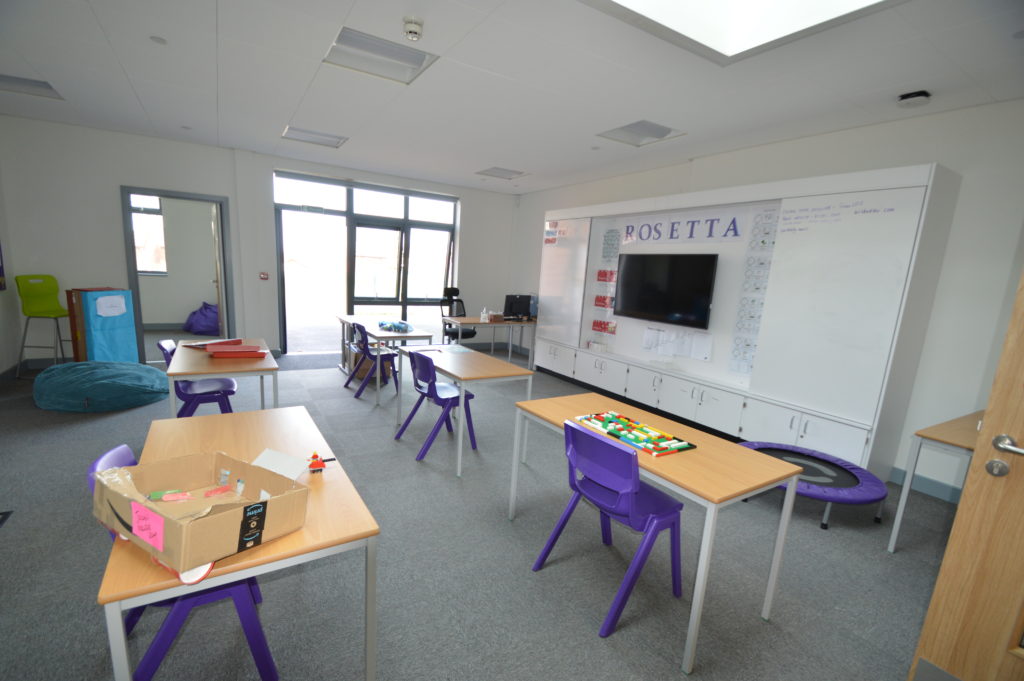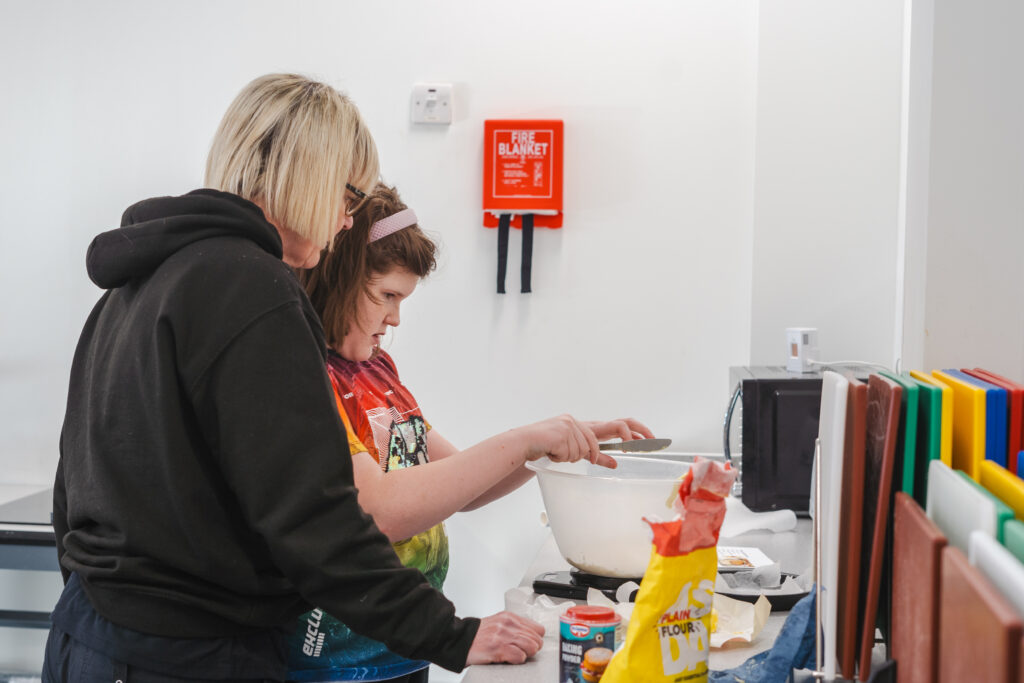Pupil progress
We maintain high aspirations and ensure our pupils are challenged with their work.
Progress against Learning Objectives will be formally recorded at the end of each term. Evidence from marking and feedback will assist with this.
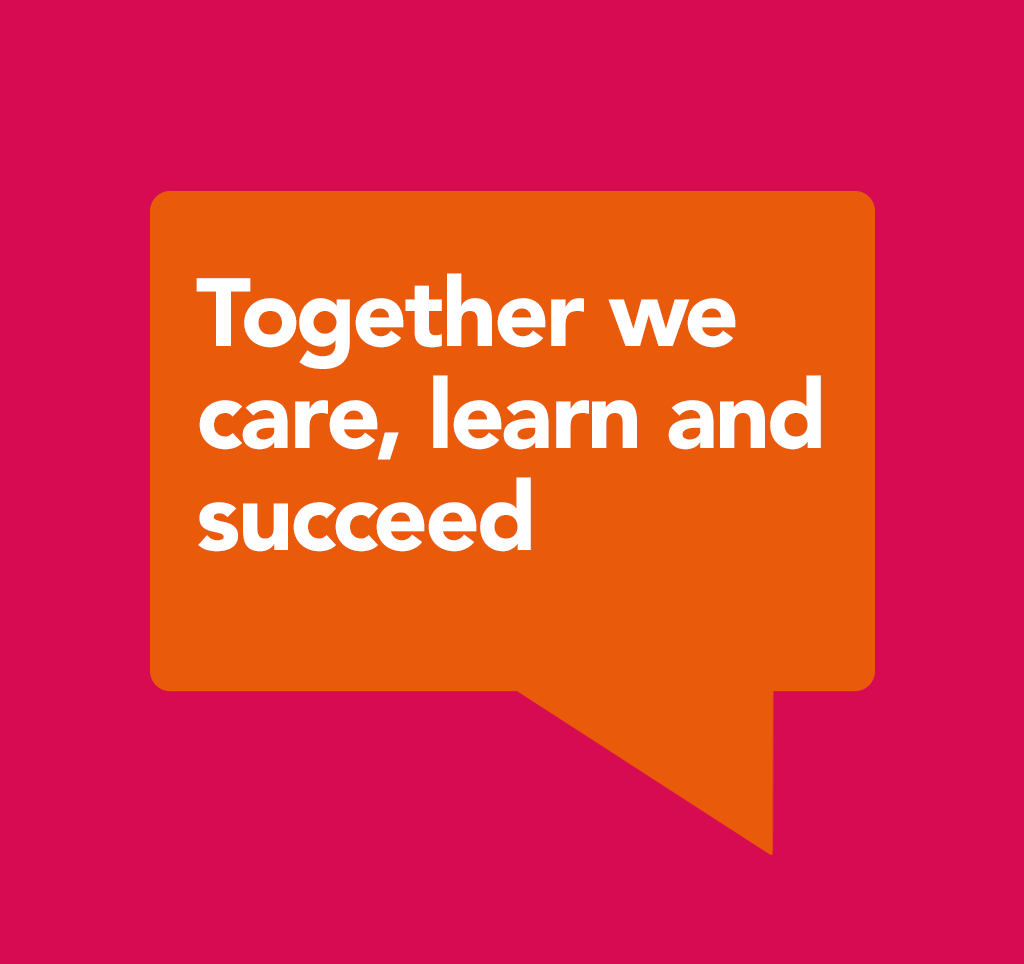
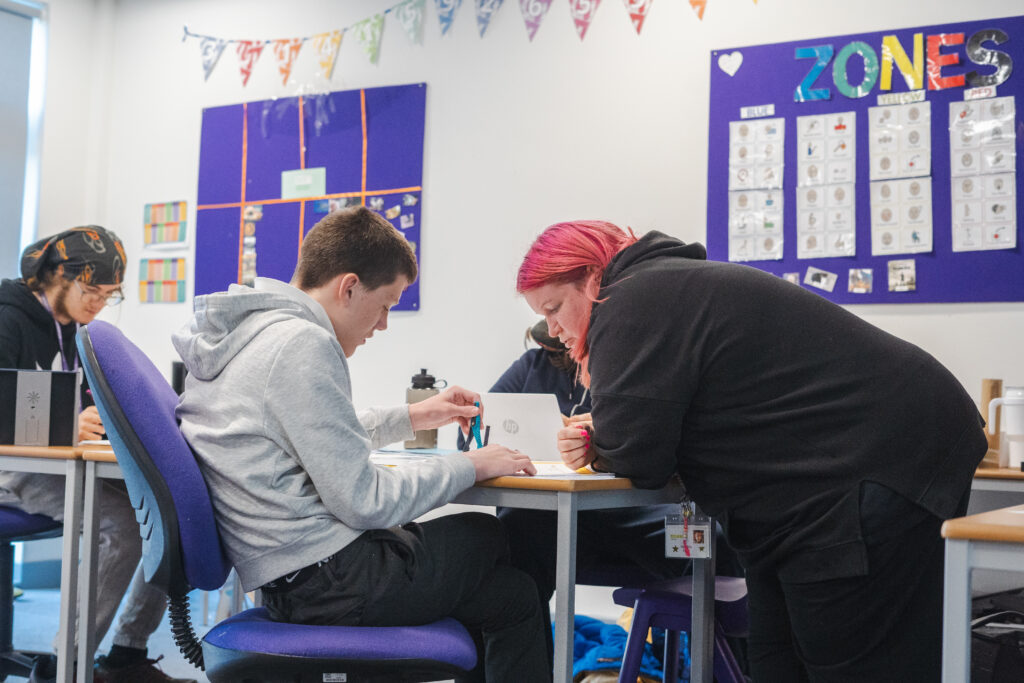

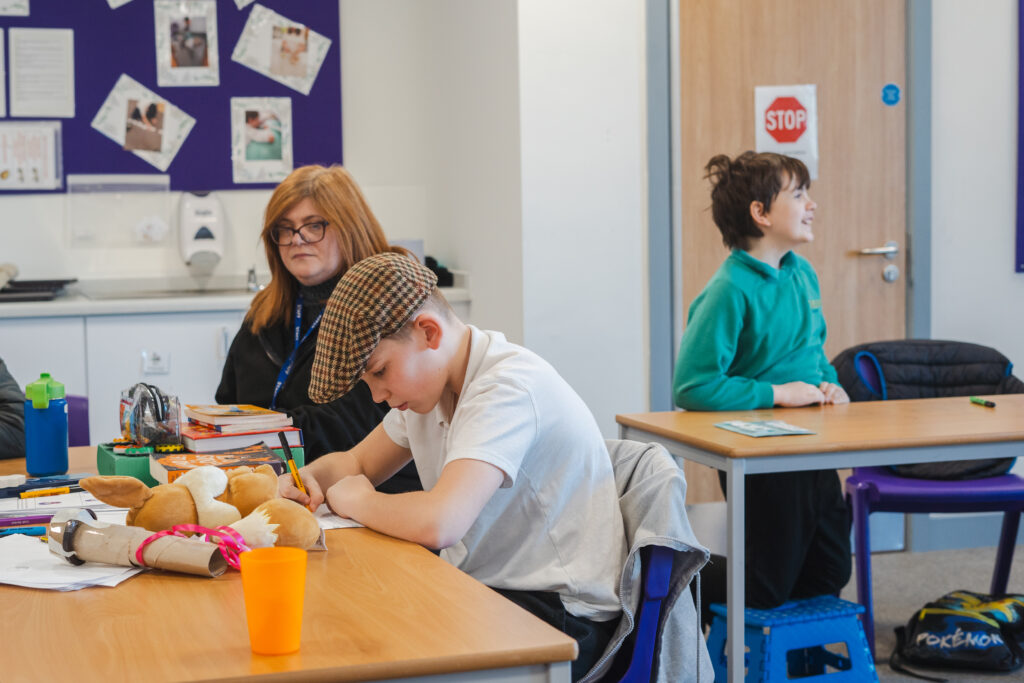

Curriculum tracking data will be shared with students and their families so that they can see the progress they have made and their next steps.
We will also be tracking our non-academic curriculum and recording so that we are clear about the progress being made.
Formative
Formative assessment including diagnostic testing is a range of formal and informal assessment procedures conducted by teachers during the learning process in order to modify teaching and learning activities to improve student attainment.
Summative
The purpose of summative assessment is to evaluate student learning at the end of an instructional unit by comparing it against some standard or benchmark. Focus on the outcome of a programme.
- Attainment is the point that pupils reach during their educational journey captured at different ages
- Progress is how far a pupil has moved from their starting point captured at different ages
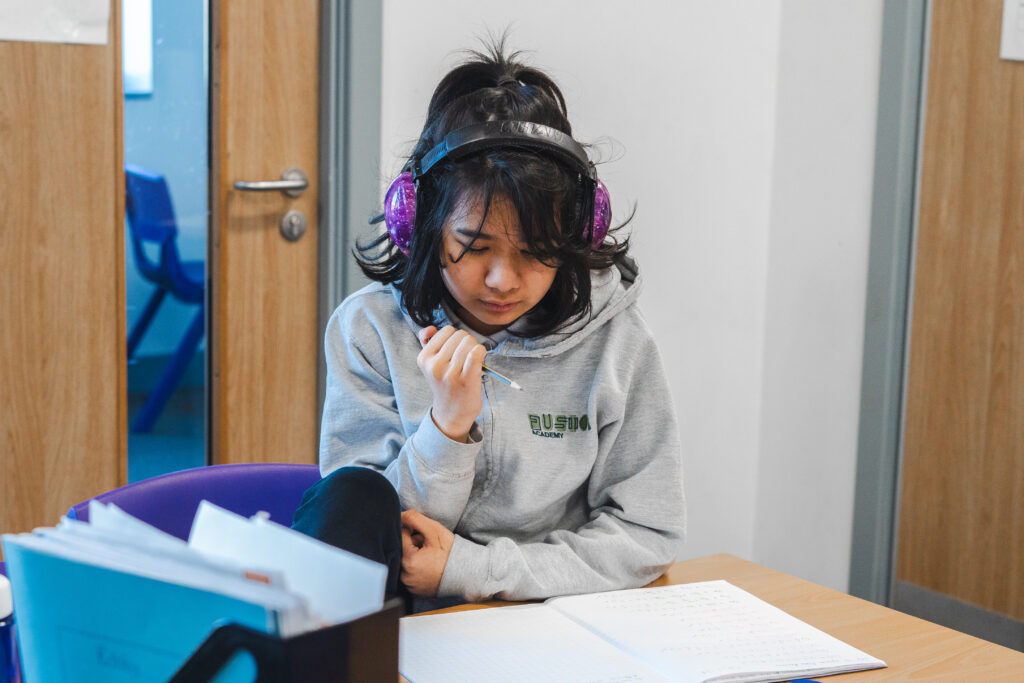
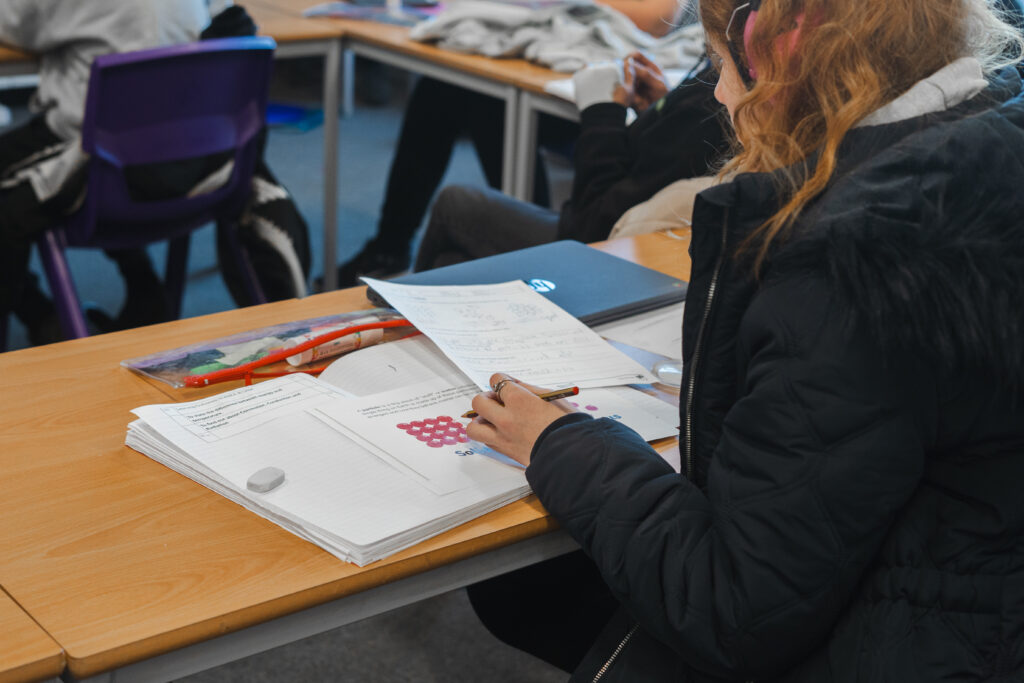
Academic progress
This is tracked throughout the school using a school based academic tracking system devised to provide a clear picture of what a young person has understood and where there may be gaps in their learning as well as how well they can apply the knowledge and skills to a variety of settings.
Primary
We track progress using our own system and also use the required statutory assessments in English and mathematics in Year 6 which provide attainment information and can be analysed to consider progress across the key stages.
Secondary
Attainment is tracked using accreditation validated by external examination bodies as well as our own tracking system.
Non-academic
Assessment of communication and interaction underpins all our work and the school based system will be fully integrated with the speech and language priorities developed with the multi-professional team.
In a similar way, personal development areas (such as life skills and independence) are tracked using our own system which draws together elements of the AET framework and our own school curriculum. We will also be assessing pupils’ wellbeing using a simple visual recording system which uses qualitative information from the pupil, families and the staff. Pupils’ knowledge of self and needs will always be incorporated into EHCPlans and assessed accordingly.

Breakdown by Key Stage
Please click on the Key Stage below for the breakdown of pupil progress
Key Stage 2: (Ages 7 – 11)
First year of opening
First year of opening
Key Stage 3: (ages 11 – 14)
First year of opening
Key Stage 4: (ages 14 – 16)
First year of opening NO students in KS4
.
Key Stage 5: (ages 16 – 19)
First year of opening No students in KS5
Accreditation:
First year of opening
- Executive summary pupil premium [to be supplied] Click to open file
- Executive summary catch up [to be supplied] Click to open file
- PE & Sport Premium Click to open link
- Click to open file
